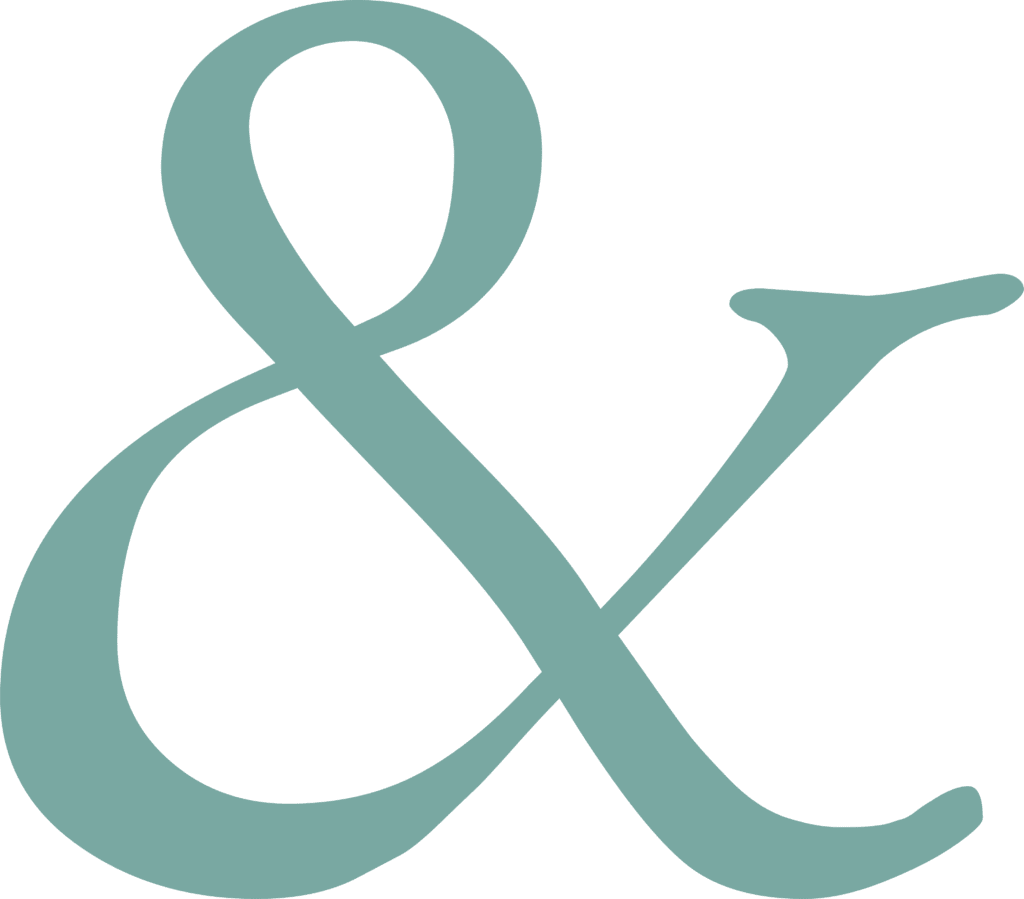Workshop Agenda
12:40 PM – Gladstone Airport Shuttle departs for Marina
2:00 PM – Ferry departs Gladstone
4:00 – 4:30 PM – Arrival of Ferry at Heron Island
4:30 – 4:45 PM – Orientation
5:30 – 7:30 PM – Reception & Introductions
Hosts: Ryan Phelan & Owain Edwards.
Meet the participants, work group leaders and workshop organizers; Review of agenda, goals and outcomes.
7:30 PM — Dinner
After dinner, the Wistari room (next to the bar) is available for participant meetings/discussions
7:00-8:00 — Breakfast
PLENARY SESSION
8:00-8:20 — SETTING THE CONSERVATION CONTEXT
Stewart Brand — Introduction / Overview
Bringing the group to a common understanding of the importance of new tools for conservation.
8:20-8:40 – SETTING THE BIOTECH CONTEXT
Host: Owain Edwards — Introduction/Overview
Bringing the group to a common understanding of the state of current genomic technology, providing a brief description of a variety of tools that might be applied to help deliver desired conservation outcomes.
8:40-10:15 – DEVELOPMENTS SINCE 2015 GENOMIC SOLUTIONS MEETING
Host: Stewart Brand
Panel: Kevin Esvelt (Lyme’s disease control), Omar Akbari (Mosquito gene drives), Karl Campbell (GBIRd update), Andrea Byrom (PFNZ2050), Ben Novak (Avian Engineering)
10:15-10:45 — Introduction of the 4 Working Groups
Review of deliverables for Version 1.0
Host: Ryan Phelan
Work group leaders: #1 Madeleine van Oppen (Climate Resilience), #2 Tanja Strive/Mark Tizard (Invasive Species), #3 Michelle Baker (Disease Resistance), #4 Kent Redford (Stakeholder Engagement)
10:45 – Tea/Coffee
11:00-12:30 – Free Time for informal, creative, discussions, snorkeling tour, or self-guided swimming/walking/etc
12:30-1:30 — Lunch
1:30-2:30 — PLENARY SESSION : COMMUNITY/STAKEHOLDER ENGAGEMENT
Host: Kent Redford
Panelists: Jason Delborne, Dan Tompkins, Helen Cook
In this session we will make the transition from technical, biological considerations to those that will influence the feasibility of implementation and begin to think about those social, cultural and regulatory factors that might limit each group’s proposed genomic interventions.
2:30-6:00 WORK GROUP SESSION: Developing Version 1.0
In each of the four work groups:
Group members will present case studies that highlight in some depth the problem facing the target species, its environment, and the possible interventions. The group will then explore potential ways that new technologies might be applied to address the specific threats to the species.
Group members should also consider the ethical, legal, and regulatory considerations raised in the plenary session as they relate to the systems under consideration. Prepare for plenary session a 20-minute presentation (slides optional) reviewing your group’s case studies, sharing what were the most difficult issues addressed, and the potential intervention points for genomic technologies that have the greatest promise.
(Tea/Coffee will be available to the Groups between 3:30 and 4:00pm)
6:00-6:30 – REVIEW OF DAY ONE, EXPECTATIONS FOR DAY TWO
Host: Ryan Phelan
Comments, suggestions and open discussion
7:30 — Dinner
After dinner, the Wistari room (next to the bar) is available for participant meetings/discussions. Participants are welcome to nominate topics for group discussion during the after dinner period. The first night will include:
8:30-9:30 — Discussion of IUCN position on genetic technologies
Host: Kent Redford
7:00-8:00 — Breakfast
8:00-11:00 – PLENARY SESSION: PRESENTATIONS & DISCUSSION (reviewing Version 1.0)
Four working groups present for 20 min their Version 1.0, 20 min of open discussion
(20 minute Tea/Coffee Break after the third working group)
This plenary will provide an opportunity for all participants to hear from each of the work groups and to get up to speed on the problems and solutions that they are working on— in terms of technical feasibility and community/regulatory acceptance.
Plenary will also provide an opportunity for the work groups to get feedback from all participants that can help shape their thinking going forward and further refine their approach.
11:00-12:30 —WORK GROUP SESSION: Developing Version 2.0
– Consider the feedback from the Plenary session.
– Prioritize those challenges that might be most difficult to overcome and brainstorm ways to address these—we refer to this as creating your Version 2.0 approach.
– Prepare 20-minute presentation to share your new insights in the next plenary session.
1:00-2:00 – Lunch
2:00-3:30 – Free Time for informal, creative, discussions, snorkelling tour or self-guided swimming/walking/etc
PLENARY SESSION
3:45-6:45 — PRESENTATIONS & DISCUSSION (reviewing Version 2.0)
Four groups present for 20 min their Version 2.0, 20 min of open discussion
(20 minute Tea/Coffee Break after 2nd presentation)
This session will provide an opportunity for all participants to hear about each working group’s Version 2.0 and to provide an opportunity for the work groups to get final feedback from all participants.
6:45-7:30 — BRINGING THE FUNDING PERSPECTIVE INTO THE EQUATION:
Viewpoints from business, philanthropy and government
In this session the funding panel will provide advice to the participants on what is important to include (and not include) in the pitches on Thursday.
Discussion with the funding panel is expected to continue during and after dinner.
7:30 — Dinner
After dinner, the Wistari room (next to the bar) is available for further discussions on funding strategies. Other groups are welcome to self-organize for discussions on other topics.
7:00-8:00 — Breakfast
8:00-10:30 — FINAL BREAKOUT INTO WORKING GROUPS (Preparing Pitches)
Opportunity to incorporate feedback from the Plenary Session and the advice of the funding panel. Pitches need to be prepared and practiced.
10:30-11:00 — Tea/Coffee Break
11:00-12:30 — Free Time for informal, creative, discussions, snorkelling tour or self-guided swimming/walking/etc
12:30-1:30pm — Lunch
1:30-4:30pm — PRESENTATIONS-PITCHES TO FUNDING PANEL
Host: Ryan Phelan
(Tea/Coffee Break after first two Groups)
Presentation of one final project from each group (15 minutes each)
4:30-5:00pm — NEXT STEPS
Host: Owain Edwards
Wrap up and outcomes—what should be done next and by whom? Closing reflections by a few participants. Excitement about moving forward!
5:00-7:00pm — Free time for discussion, or last chance (on this trip) to enjoy Heron Island.
7:30 — Dinner
After dinner, the Wistari room (next to the bar) is available for participant meetings/discussions
10:00 – Ferry Departure



